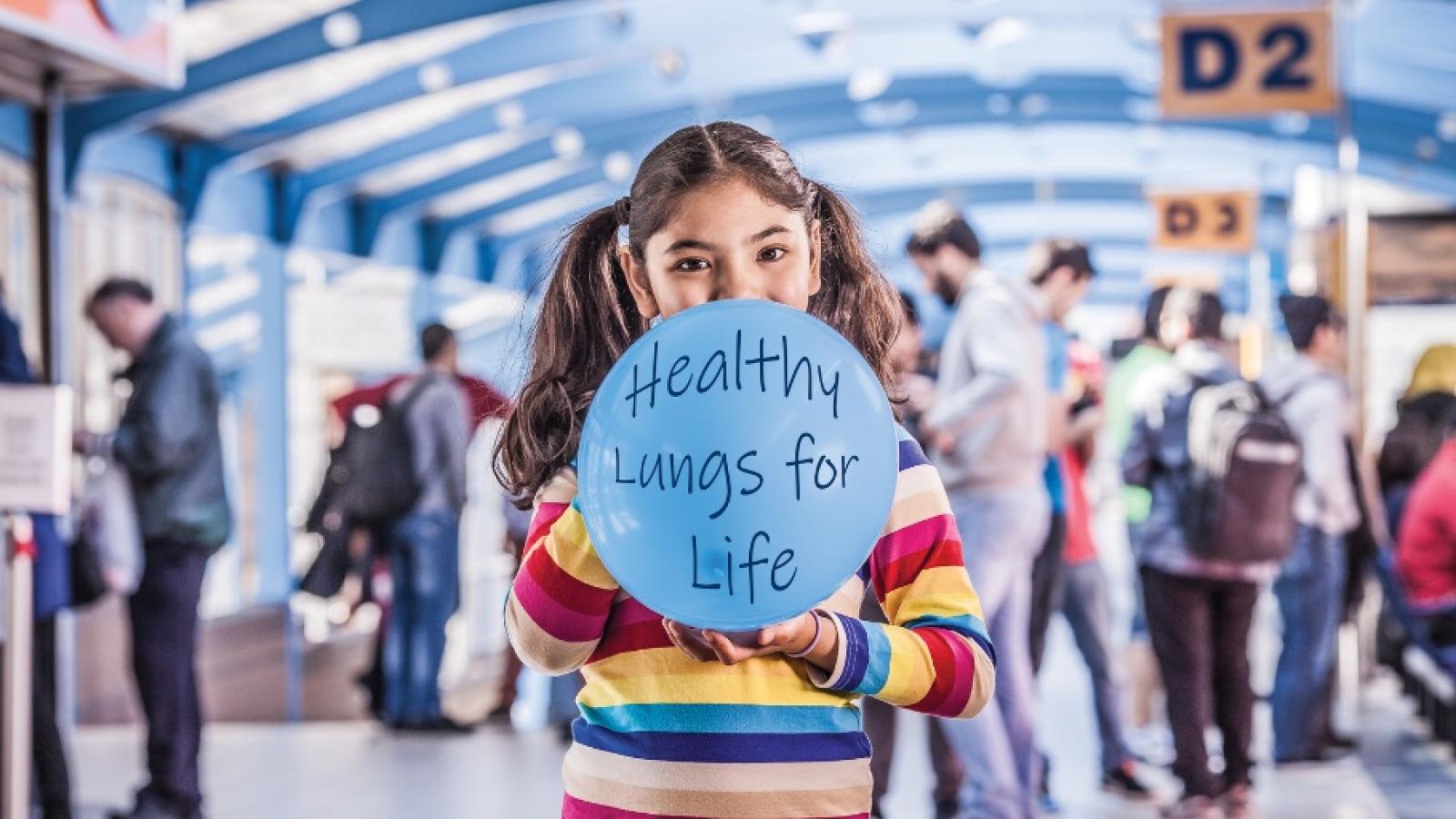The Scientific Council of CNRS (Comitè National de la Recherche Scientifique) has raised alert toward the political power and the civil society in France in regard to the risks that the research system is running as a consequence of poor availability of human and financial resources. This appeal/alarm is supported by two publications.
The first one is essentially an analysis and an assessment that alerts over the Country and Politics non-compliance of the commitments subscribed with the EU about reaching an overall level of R&D investments equal to 3% of GDP by 2010. The second documents mostly provides data, statistics and international comparisons with countries such as Korea, Japan, Denmark, Germany, United States etc… in regard to both public and private research investment. Besides, it dedicates an in-depth analysis to the subjects of employees – both researchers and technicians – and university education system.
Overall, the documents produced by the Scientific Council of the CNRS highlight – on the basis of OECD data – that between 1995 and 2011 France moved back to the 15th place from the 7th in the worldwide ranking of research funding (measured in terms of GDP), with investments equal to 2.24% of the GDP. This weakness in research funds is directly reflected into employment data – measured in terms of researchers per one thousand working people – where France positioned at the 14th place in 2011. But since 2009, the balance between entry and exit of personnel in the research sector has become more and more negative. Besides, the diffusion of temporary employment hinders experimental activities, knowledge transmission and professional expectances.
To all this, it needs to be added that “professional opportunities offered to youngsters who achieve the highest degree in the French education system, the doctorate, cannot stop to concern. The unemployment rate for young doctorates is, according to the rare available data, quite high: near to 10% in 2007 already”. These analyses clearly show that “the capability of France of carrying out research at a high level will keep decreasing.” In order to avoid it, the first step should be the announcement of a multi-year plan for scientific employment.
The reference to our Country appears only in a final note on “Consequences for future generations”, where it is stated that “France is very close to take the same path as Italy and Spain with extremely rapid consequences in terms of deep destruction of the research system”. It will be possible to verify this prevision by analysing the data recently published both by Eurostat and OCSE. But this is another story, also because in this case the analyses might stretch beyond the research system.


